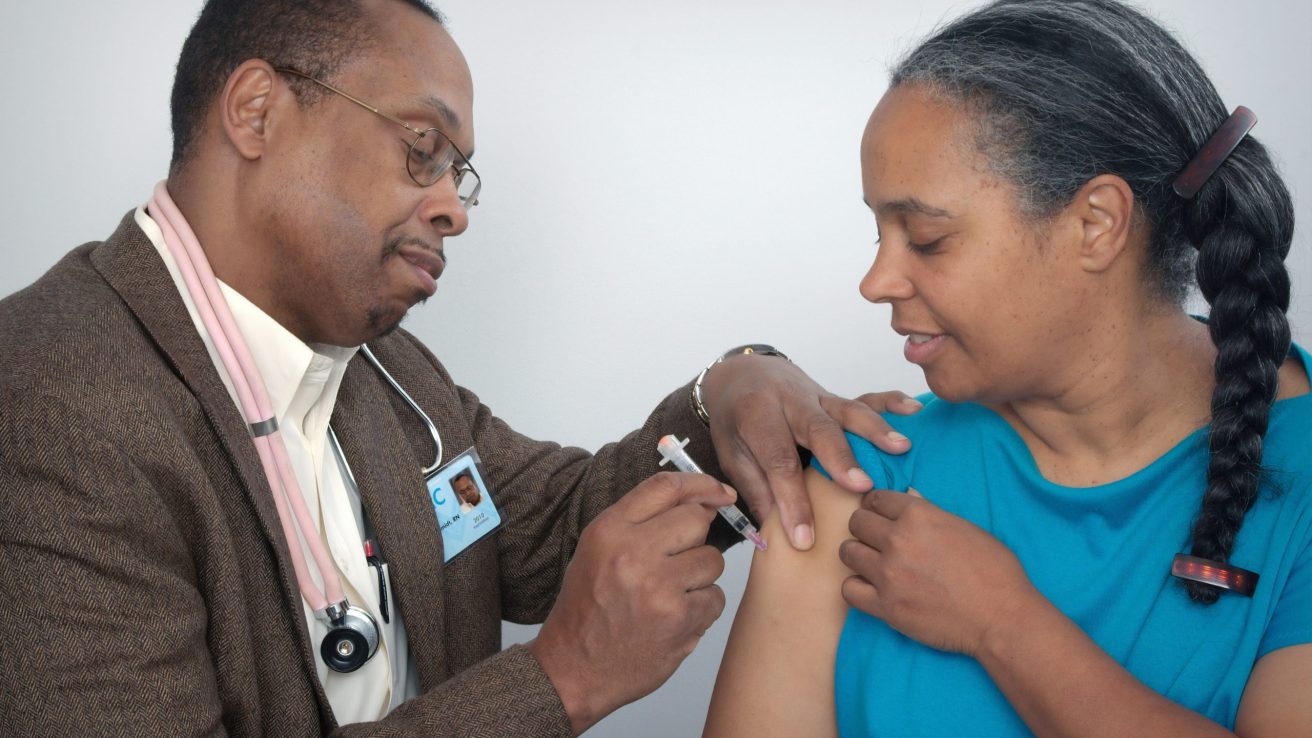Biologics for the treatment of asthma is under investigation by multiple clinical trials. From 2003 to 2015, only one biologic was approved for the treatment of moderate to severe asthma. Since then, this research has grown, and four new asthma biologics have been developed and approved by the USFDA.
Asthma harshly impacts the African American community. Yet, there is a lack of Black representation in asthma biologics clinical trials. This lack of inclusion is indicative of disparate treatment that deserves further analysis.
A retrospective cohort study conducted by the Mayo Clinic examined the trends and disparities in asthma biologics use in the United States from 2003-2018. The researchers conducted their research using OptumLabs Data Warehouse. Some factors examined in the data were prevalence and incidence of asthma biologic users, characteristics of the biologic users, and clinician prescribing behavior.
After using regression analytic tools, it was concluded there was low overall use of asthma biologics and evidence of disparate access to asthma biologics. The study suggests that access to care and treatment options seem to be the determining factors in asthma management and asthma outcomes [1].
Source:
[1] Inselman, J. W., Jeffery, M. M., Maddux, J. T., Shah, N. D., & Rank, M. A. (2020). Trends and Disparities in Asthma Biologic Use in the United States. Journal of Allergy and Clinical Immunology: In Practice, 8(2), 549-554.e1. https://doi.org/10.1016/j.jaip.2019.08.024








